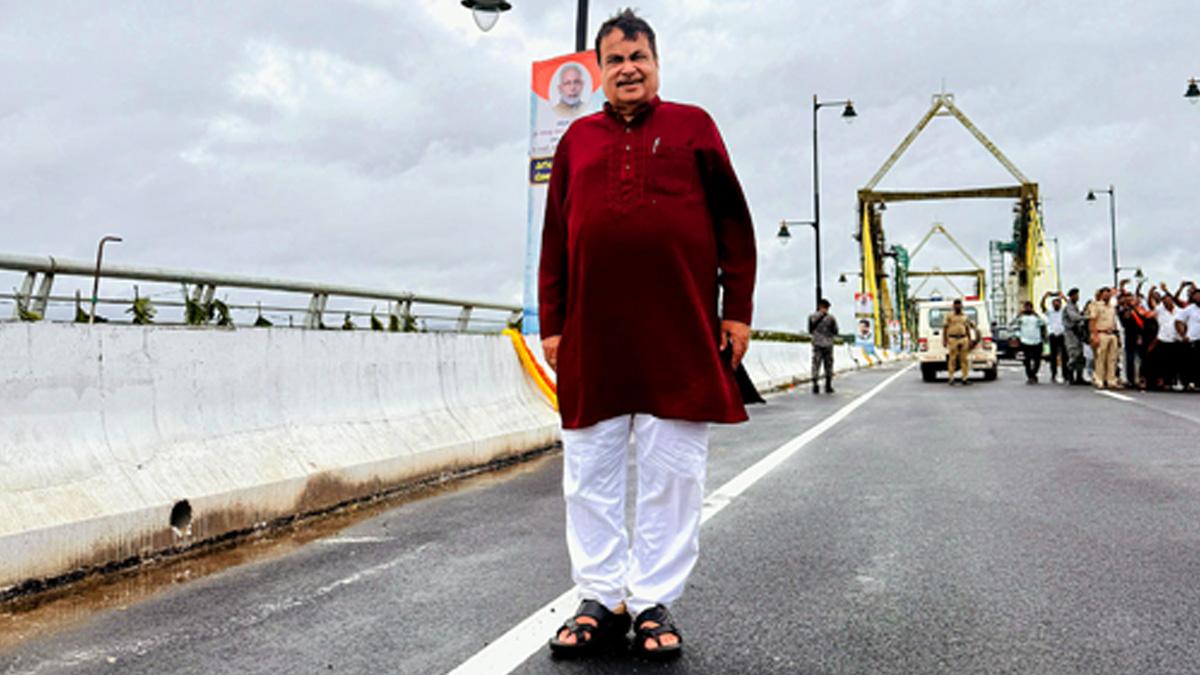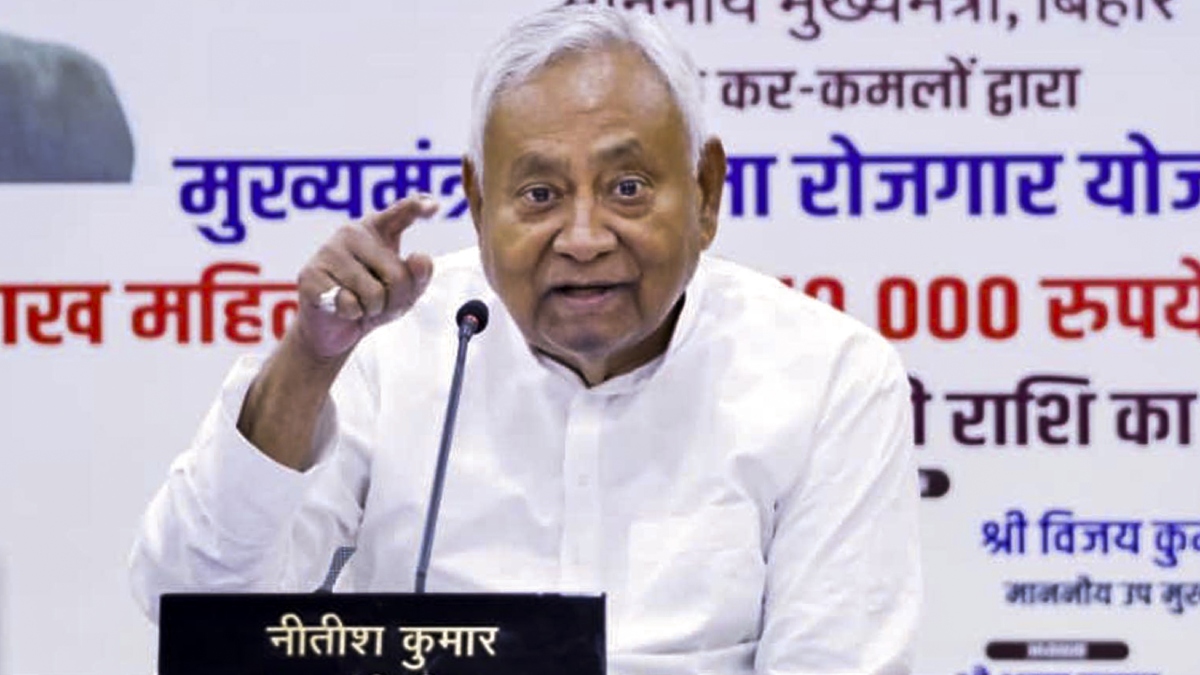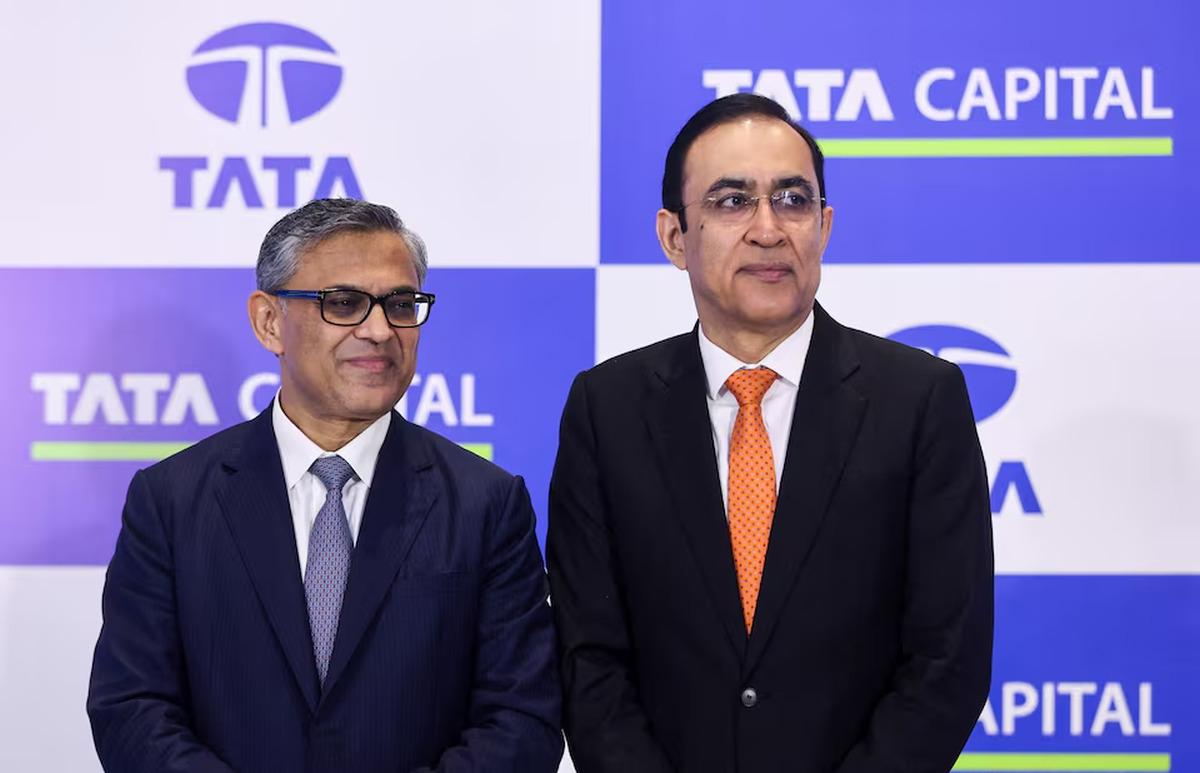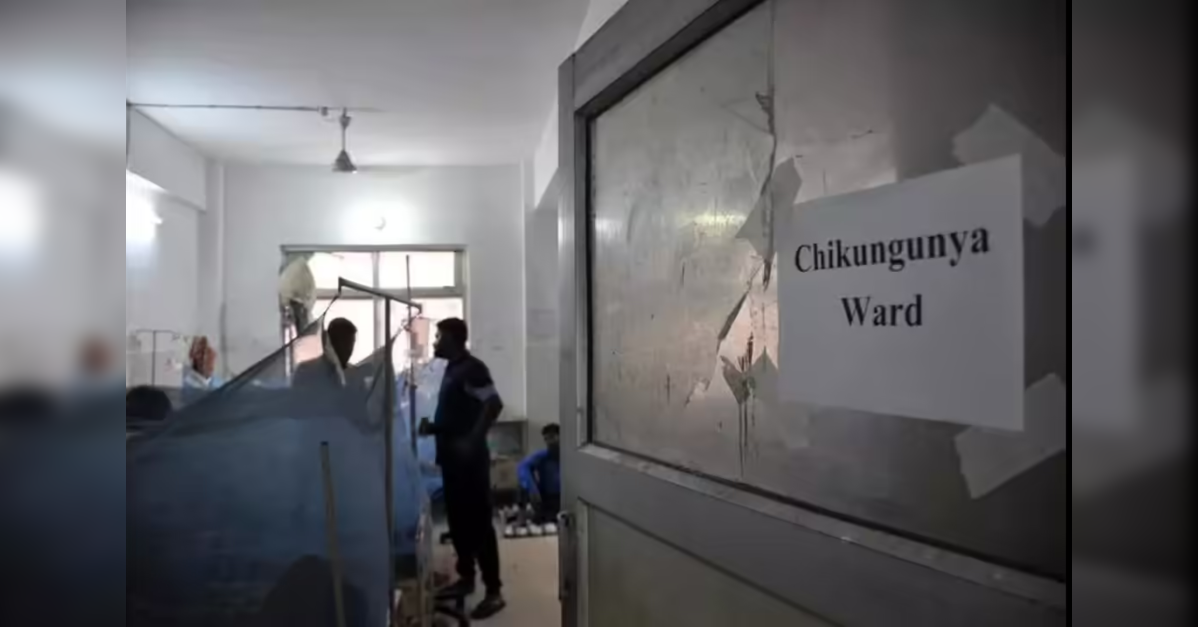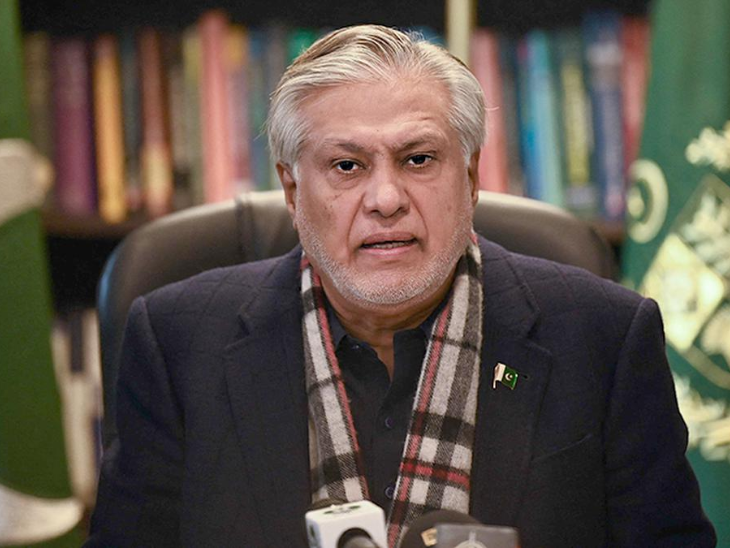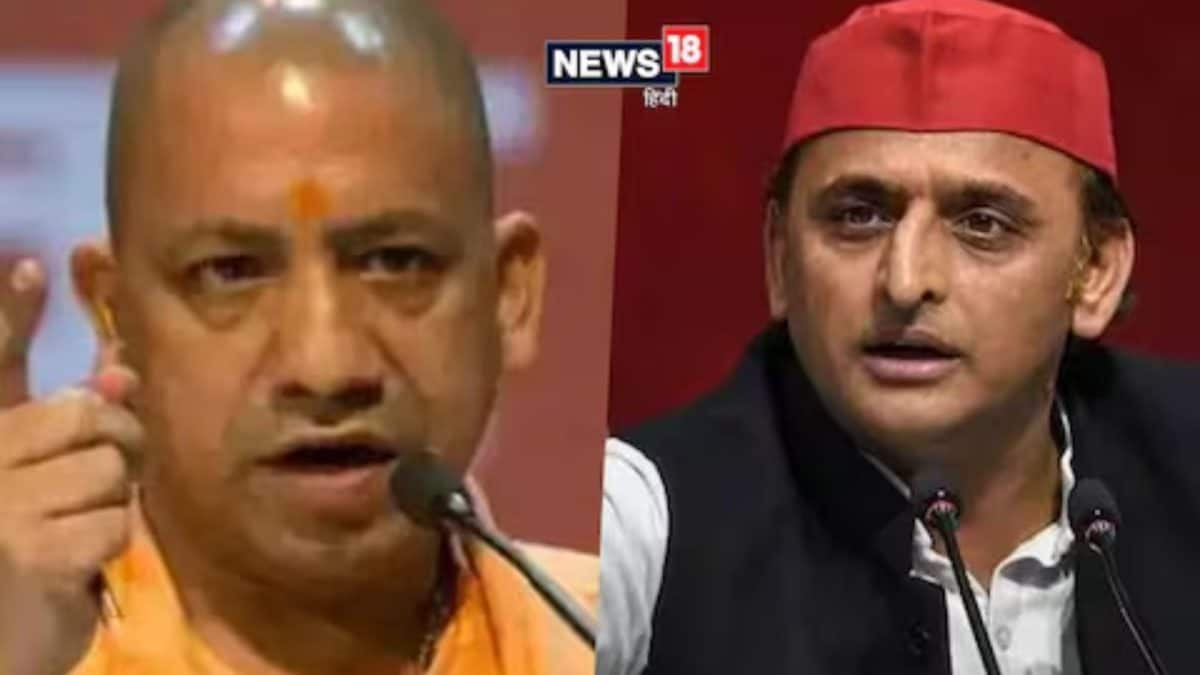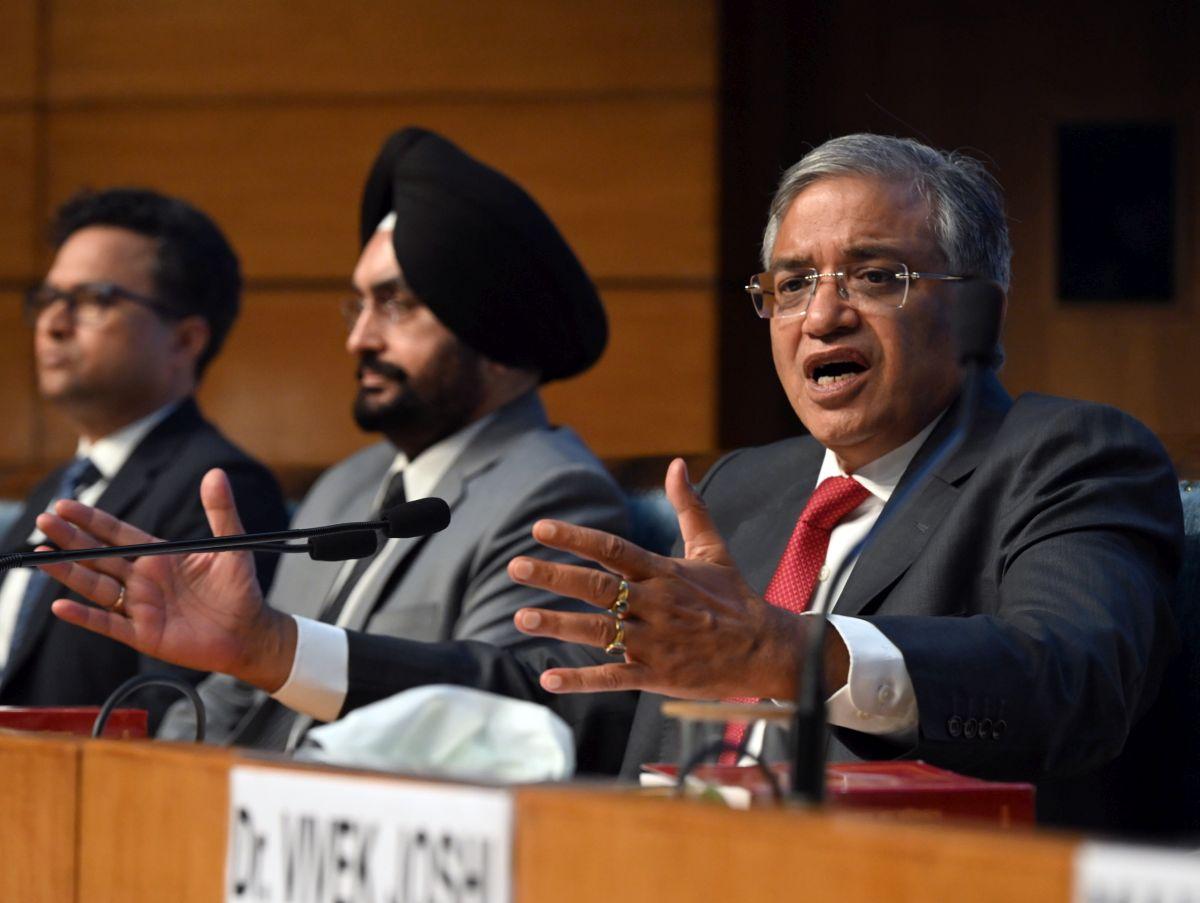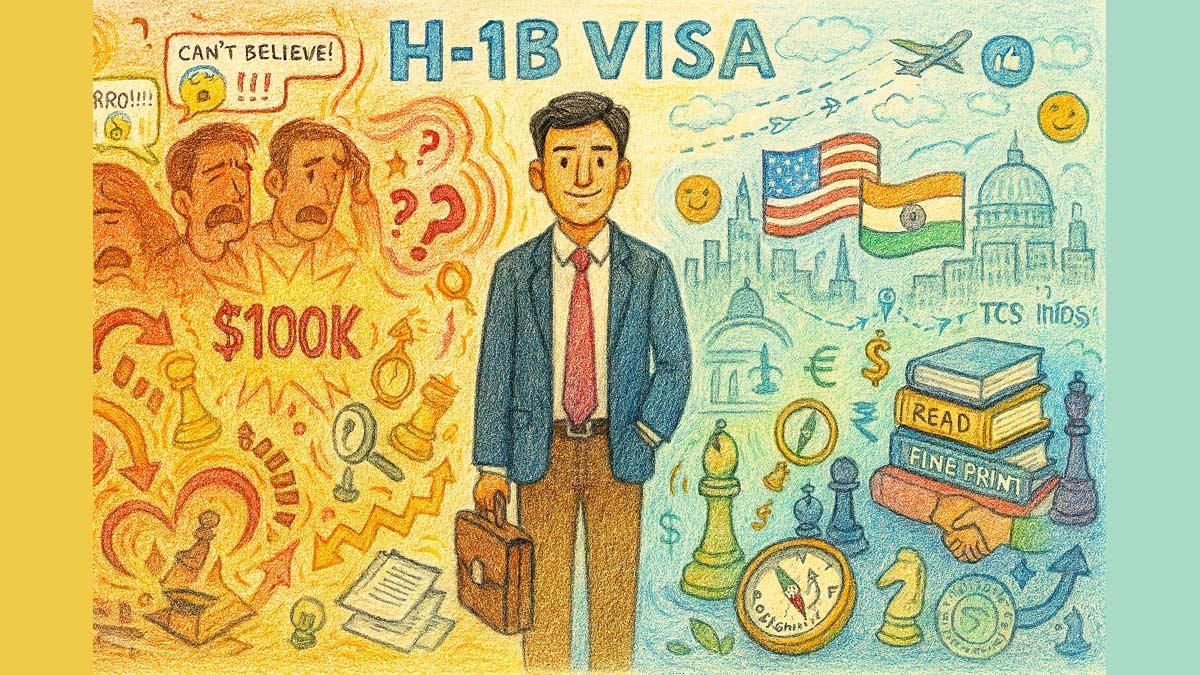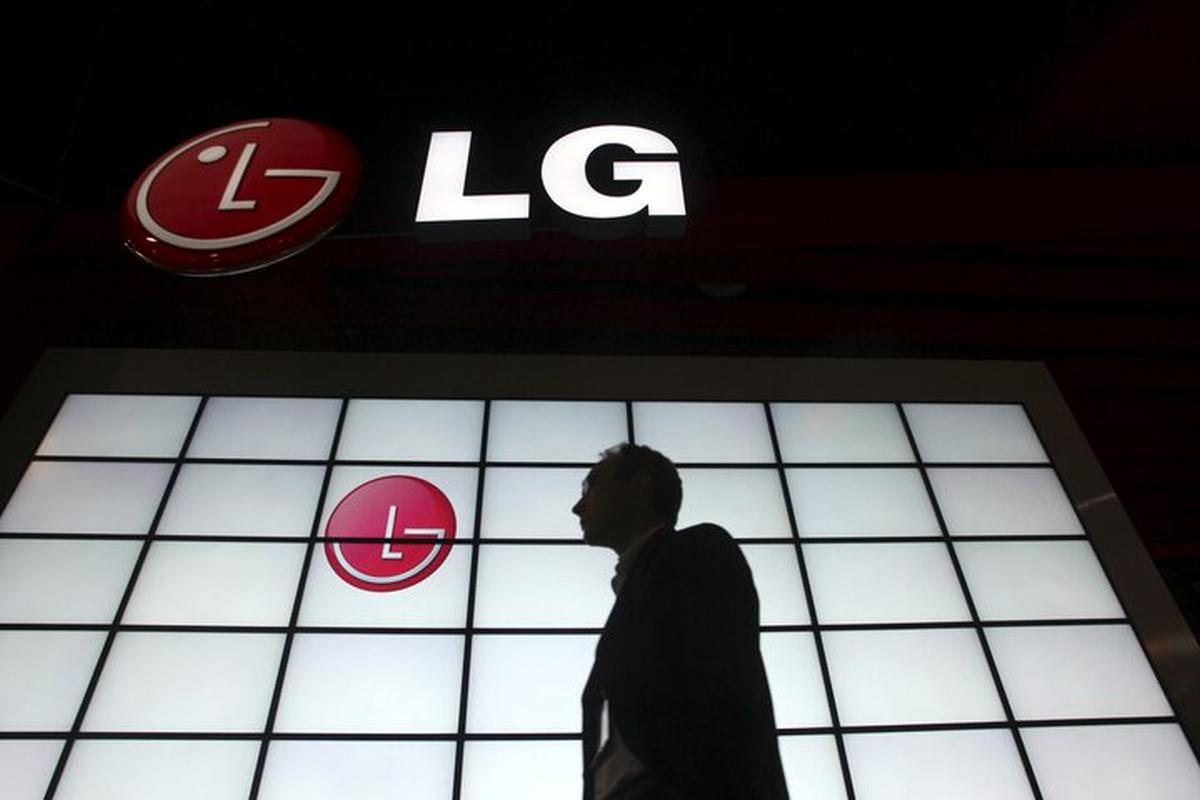‘I can sanction projects worth Rs 20 trillion annually as of today.’
‘But my system is only capable of executing projects worth Rs 3 trillion to Rs 4 trillion.’

IMAGE: Union Minister for Road Transport and Highways Nitin Gadkari during the inauguration of India’s second-longest cable-stayed bridge, the 6-kilometre-long Ambaragodlu-Kalasavalli Bridge, in Shivamogga, July 14, 2025. Photograph: @nitin_gadkari X/ANI Photo
Infrastructure is core to India’s ambition to be a $5 trillion economy, creating jobs, attracting investments and fighting poverty, said Nitin Gadkari, Minister of Road Transport and Highways, at the Business Standard Infrastructure Summit 2025 in New Delhi.
“Infrastructure needs a virtuous cycle of investments,” Gadkari tells Nivedita Mookerji/Business Standard in the first of a two-part interview.
I will begin by asking you for your assessment of the infrastructure sector in India. How do you consider it and how can it be made world class?
Infrastructure is very important for the development of our country. Water, power, transport and communication: These are the main [components of] infrastructure.
Without having good infrastructure, we cannot have capital investment, which in turn will result in poor employment opportunities, thus limiting our fight against poverty.
It is the virtuous cycle of investments [in infrastructure] that will lead to greater productivity, job creation and demand, which in turn encourages further investment and the cycle continues.
Everywhere we are constructing roads, hence industrial clusters, logistics parks and real estate are being developed.
For example, the newly inaugurated Dwarka Expressway has resulted in a real estate development of around Rs 8 trillon to Rs 10 trillion.
It’s our government’s vision to create the third largest economy, and that is the reason it has given the highest priority to infrastructure development.
Anywhere we construct a road, there is huge potential for development of real estate, logistics parks etc.
A recent study conducted jointly by IIM Bangalore, IIT Kanpur and IIT Roorkee showed that logistics cost in India has reduced by 6 per cent.
I am confident that by the end of December, logistics costs would be reduced to single digit — it is around 16 per cent at present.
By reducing this cost, we are going to increase our exports. To achieve the $5 trillion economy goal [set by the central government], it is important to have good infrastructure.
This will be in line with the logistics cost for other developed economies such as China (8 per cent), US (12 per cent), and Europe (12 per cent).
A few days ago, I released a report by a reputed company. It showed that the share of road transport in logistics is around 82 per cent; the share of railways is 1 per cent and the rest is by air and other means.
You must understand that by reducing logistics costs, we are going to increase exports and our prime minister’s vision is to make India a $5 trillion economy.
For that reason, if we need to increase the growth of our country — be it the agricultural or industrial sector — we need good infrastructure and we are giving it the highest priority.
I am 100 per cent sure we will shortly become the world’s third largest economy.
The prime minister, while inaugurating road projects recently, praised infrastructure creation.
As minister, what challenges have you faced in infrastructure creation, especially in attracting private funds?
Challenges are everywhere. I always tell people that there are some people who convert opportunities into challenges and there are some people who convert challenges into opportunities.
It’s a test of leadership and their vision. It’s like an examination for them.
There are challenges related to land acquisition, environment clearance, Railway clearance, etc. But we are constantly pursuing the matter and following up on that.
I know the position of each and every project. Even when Parliament is in session, I am holding review meetings.
I meet with 100-150 parliamentarians who tell me about the status of each and every project.
I meet my officials as well and ask them about challenges. I instruct them to resolve problems that might be arising in any of the projects.
At present, we do not have much of a problem. The problem is not resources; it’s the expenditure of resources and not raising money itself.
For example, in the Infrastructure Investment Trust (InVIT) model, we were able to raise the required money within hours in the IPO market, and it [the offer] was oversubscribed.
We are giving 8.05 per cent interest return yearly on that. The cost of the bond was Rs 100 — it now comes to Rs 140, so the return is more than 22 per cent.
I request people from all income groups to invest in National Highways Authority of India bonds, as they yield good returns.
Every project of mine is economically viable — I don’t have any problem. The only challenge lies in pushing the projects through the system.
I can sanction projects worth Rs 20 trillion annually as of today. But my system is only capable of executing projects worth Rs 3 trillion to Rs 4 trillion.
So, money is not a problem for me. Toll collection today stands at Rs 55,000 crore annually; it’s slated to go up to Rs 140,000 crore in the next two years.
I will monetise it for 15 years; tremendous money is available to me.
You spoke about the goal of Viksit Bharat. Do you think structural reforms are required for that as the government focusses on boosting growth, demand and consumption?
Have you discussed infrastructure in your meetings with the prime minister?
Reform is a continuous process. We are thinking of using AI in road construction; we have issued a circular making it mandatory to use pre-cast technology in road construction.
We have decided to make green highways; we are also thinking of using construction equipment that runs on alternative fuels and not on fossil fuels.
We have already used 80 tonnes of municipal garbage in road construction.
We are also in the testing phase of using bio-bitumen obtained from rice straw to make roads.
We are always innovating and finding newer ways to adapt to the arising conditions.
All of this is possible because of the feedback that we get from various stakeholders, especially people like you in the press.
We are always open to receive suggestions and feedback. We are using the best of the technology that is available anywhere in the world.
For example, in the Zojila Tunnel in Kashmir, we saved around Rs 5,000 crore because we made the best of the technology available to our people.
Reforms are a continuous process and everywhere we are making changes as and when they are arising.

IMAGE: Nitin Gadkari with Prime Minister Narendra Modi, Delhi Chief Minister Rekha Gupta and Haryana Chief Minister Nayab Saini at the Dwarka Expressway during the inauguration of its Delhi section, August 17, 2025. Photograph: DPR PMO/ANI Photo
While great bridges and tunnels are being built, there is a concern that highways and roads are not great. Road quality is an issue
There are challenges and problems. Landslides, particularly in Himachal Pradesh and Uttarakhand are a big problem.
We are trying to use AI in detecting landslide-prone stretches, accident-prone spots, waterlogging, and black spots along the national highways.
We have already issued the circular. Wherever there is flooding, we are trying to use technology to check the strength of the bridges and (other structures).
I am the minister for national highways. I am not the minister for Delhi roads, municipal roads, panchayat roads, state roads, rural roads.
My problem is that anywhere a new road is being built, people are giving me credit.
Similarly, if anywhere there is a problem in roads, people are giving me the discredit. I am only responsible for national highways.
I ask you, where is the problem in national highways? If anyone can tell me.
As far as quality is concerned, I am very much conscious of it. I take strict action against erring contractors.
I am blacklisting them, charging fines and even pursuing criminal charges as well. I am not going to tolerate anything regarding quality.
Though sometimes there are genuine problems as well. We are looking into that as well. If mistakes are bona fide we will forgive them, but if these are mala fide we are not going to spare them.
Feature Presentation: Aslam Hunani/Rediff
